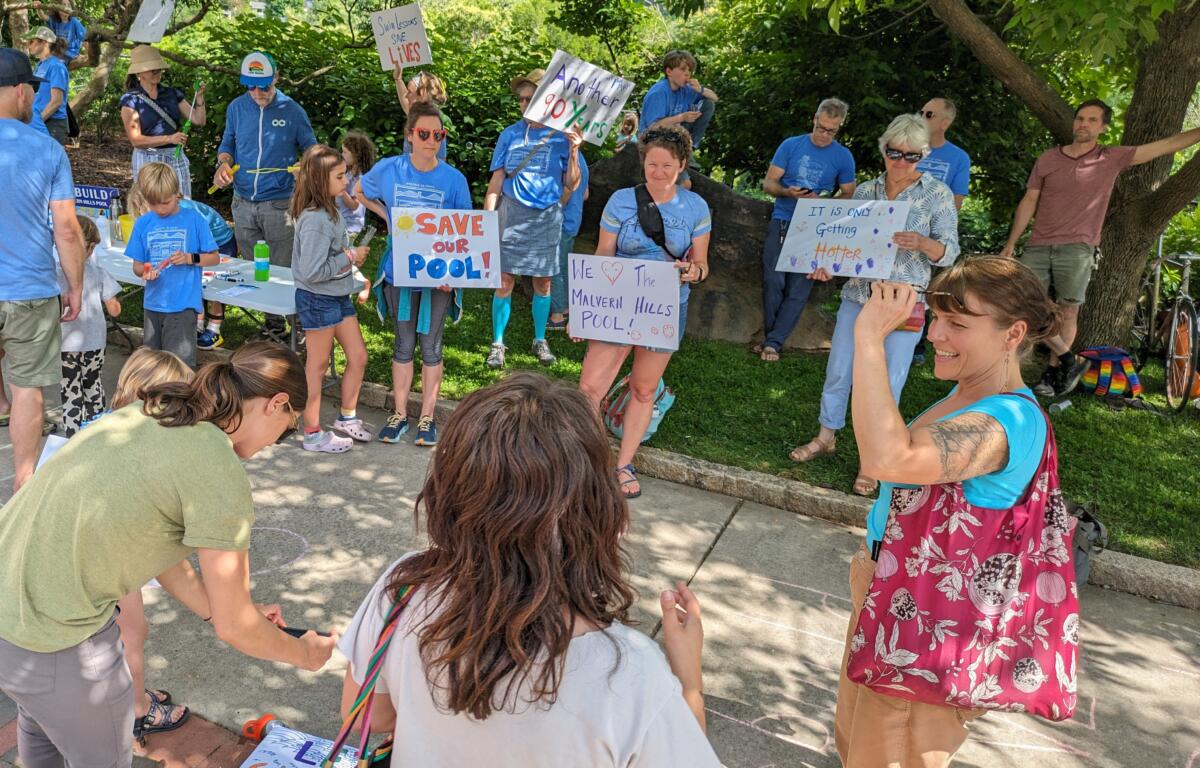ASHEVILLE, N.C. (828newsNOW) —
Asheville voters might be asked to approve an up to $80 million General Obligation (GO) Bond in November, after the Asheville City Council voted Tuesday to increase the overall size of the request but preserved some flexibility about how it’s allocated.
After a lengthy debate at City Hall, the council opted to add to the $75 million bond request that staff members were proposing while reducing the allocation for affordable housing by $5 million and increasing amounts set aside for parks and recreation, and public safety facilities by $5 million apiece.
The decision approving a Notice of Intention is considered a “placeholder,” since specific amounts allocated to the different categories are likely to be debated, and potentially adjusted, before ballot language is finalized in July. After the approval of the notice, amounts can be reduced but not increased, so council members said they wanted the flexibility of higher “up-to” amounts.
Going into Tuesday’s meeting, finance and management services director Tony McDowell said city staff was recommending a $75 million bond, with $25 million set aside for affordable housing, $20 million for transportation projects, $15 million for parks and recreation and $15 million for public safety facilities.
However, some council members said they’ve been hearing from constituents who are wary of seeing their own property taxes increase in order to pay for affordable housing.
Council Member S. Antanette Mosley, who had called for shifting even more money out of the affordable housing category to parks and public safety, ultimately cast the lone dissenting vote against the $80 million General Obligation Bond.
Asheville voters last approved a $74 million GO Bond in 2016, with $32 million set aside for transportation projects, $25 million for housing and $17 million for parks and recreation.
City staff was proposing a similar total amount this year, $75 million, but council members balked how it was being divided — particularly the $15 million originally proposed for parks and recreation.
In recent weeks, an outspoken group of West Asheville residents has been advocating for $3 million to rebuild the 90-year-old Malvern Hills Pool, which did not have its traditional opening on Memorial Day after it was deemed beyond its useful life and shuttered earlier this year due to the results of inspections in 2023.
“It was a day of grief in Malvern Hills,” said resident Sally Grau, one of the organizers of a Rebuild Malvern Hills Pool rally outside City Hall on Tuesday. Dozens of people, including a brass band and children waving “Save Our Pool” signs, filled a corner of the courtyard outside.
MALVERN HILLS POOL BACKERS TO RALLY BEFORE ASHEVILLE BUDGET HEARING
NEIGHBORS PRESS CITY TO REBUILD MALVERN HILLS POOL
But Grau told council members it was hardly a festive scene at the site of the closed pool over the holiday weekend.
“It’s a graveyard where there should be a thriving summer recreation facility,” she said.
Some council members have expressed support for rebuilding the pool, and the bond language approved Tuesday does list “improvement of recreation aquatic facilities” as among the purposes of the GO Bond. Still, Grau said the Rebuild Malvern Hills Pool group wants an explicit commitment within the city’s budget to spend $3 million of bond funds bringing the site back to life.
After council members raised questions about the $75 million proposal over the past two weeks, city staff members prepared a version that would have increased the total bond amount to $90 million — plus $10 million in a separate measure to finance a serious backlog of deferred maintenance across city facilities. However, McDowell and City Manager Debra Campbell said staff was not recommending it, in part because that many extra projects could be difficult to complete with a shortage of project managers and area contractors capable of doing the work.
“We’re not against the $100 million. We just want to make sure we can staff up, deliver (the projects) in a timely manner, so we can gain confidence of the community,” Campbell said.
Council Member Kim Roney said, “I’m worried about staff capacity, but also community support for going too high.”
Council Member Sage Turner raised concerns about reducing the allocation for affordable housing, proposed the $80 million total bond amount as a compromise — one that gives council members time to process more input before settling on a final figure, as long as it is not a higher amount.







